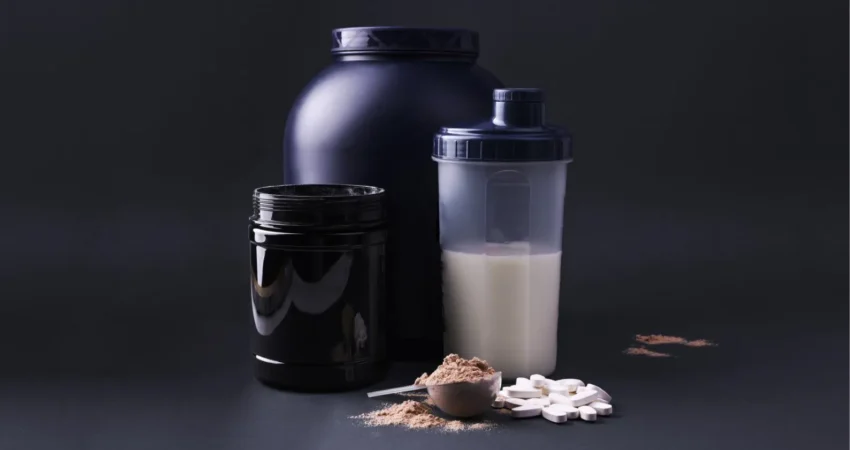The Essential Role of Protein in Your Health and Wellness Journey

Introduction
Protein is often referred to as the building block of life, and for good reason. It’s essential for numerous bodily functions, and its significance extends far beyond muscle building. In this blog, we will explore the importance of protein for health and wellness, discussing its various roles, sources, and how to incorporate it into your diet.
What is Protein?
Definition: Protein is a macronutrient made up of amino acids, which are essential for various bodily functions.
Types of Protein:
Complete Proteins: Contain all essential amino acids (e.g., meat, dairy, eggs).
Incomplete Proteins: Lack one or more essential amino acids (e.g., beans, grains).
The Role of Protein in the Body
Muscle Growth and Repair:
Protein is vital for the repair and growth of tissues, especially after physical activity.
Important for athletes and those engaged in regular exercise.
Hormone Production:
Proteins are crucial for synthesizing hormones like insulin and growth hormone.
Regulate various physiological processes, including metabolism and growth.
Immune Function:
Antibodies, which fight infections, are proteins.
Adequate protein intake supports a strong immune system.
Enzyme Function:
Enzymes, which catalyze biochemical reactions, are primarily proteins.
Vital for digestion, metabolism, and other bodily functions.

Benefits of Protein for Health and Wellness
Weight Management:
High-protein diets can promote satiety, reducing overall calorie intake.
Helps maintain muscle mass during weight loss.
Bone Health:
Adequate protein supports bone density and strength.
Works alongside calcium and vitamin D for optimal bone health.
Healthy Skin, Hair, and Nails:
Proteins like collagen and keratin contribute to healthy skin and hair.
Supports nail strength and growth.
Energy Levels:
Protein can provide a sustained energy source.
Helps stabilize blood sugar levels, reducing energy crashes.
Sources of Protein
Animal Sources:
Meat: Chicken, beef, pork, and fish.
Dairy: Milk, yogurt, cheese.
Eggs: A versatile source of high-quality protein.
Plant Sources:
Legumes: Beans, lentils, and chickpeas.
Nuts and Seeds: Almonds, walnuts, chia seeds, and flaxseeds.
Whole Grains: Quinoa, brown rice, and oats.
Protein Supplements:
Protein powders (whey, casein, plant-based) can be convenient.
Ideal for individuals with increased protein needs.

Recommended Daily Intake
General Guidelines:
The Recommended Dietary Allowance (RDA) for protein is 46 grams per day for women and 56 grams for men.
Individual needs may vary based on age, activity level, and health goals.
Calculating Your Needs:
A general rule of thumb is to consume 0.8 grams of protein per kilogram of body weight.
Athletes may require up to 1.2–2.0 grams per kilogram.
Tips for Incorporating More Protein
Balanced Meals: Aim to include a source of protein in every meal.
Healthy Snacks: Choose high-protein snacks like Greek yogurt, nuts, or protein bars.
Meal Prep: Prepare protein-rich meals in advance to save time and ensure balanced nutrition.
Experiment with Recipes: Incorporate beans, lentils, and lean meats into your favorite dishes.
Conclusion
Protein plays a crucial role in health and wellness, impacting everything from muscle growth to immune function. By understanding its importance and incorporating a variety of protein sources into your diet, you can enhance your overall well-being. Whether you are an athlete, a busy professional, or a parent, ensuring you get enough protein can help you lead a healthier, more active life.
